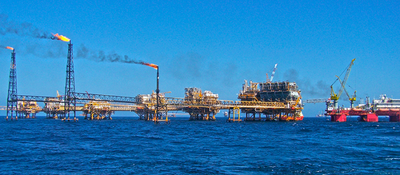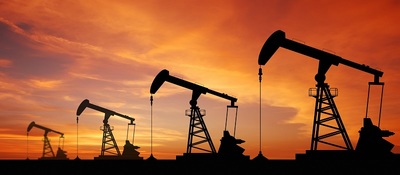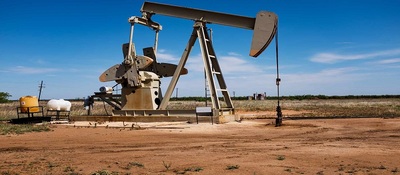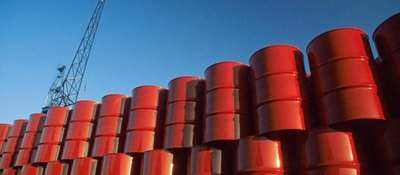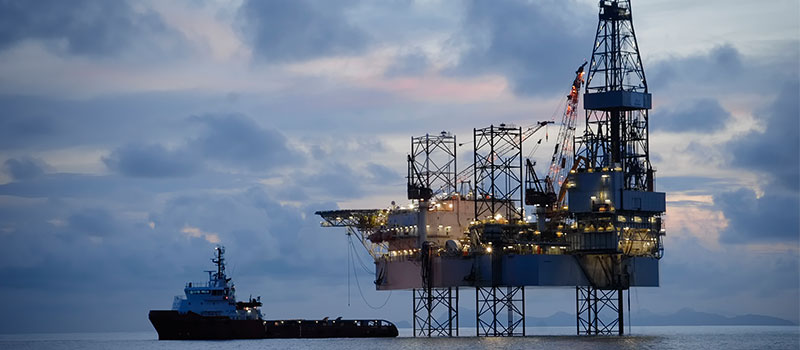
Gas Processing Fundamentals
INTRODUCTION
This is one of our premier, highly regarded techno-commercial programs. It teaches specific technical gas processing knowledge in a commercial, real world context. It is intended to provide the participant with insight into how to match the required gas processing technologies with market needs, processing needs, and commercial needs – ideally before any contractual negotiations begin.
The course will increase the understanding of the issues confronted by gas processing, and increase the awareness of potential options available to address the issues. It will explain in non-technical terms the physical and chemical properties of gas and the main gas processing methods. It will also analyze the design/operational features of gas processing plants and gives insights into how to select an optimal mix of process systems to match plant requirements.
While breaking down the issues into manageable pieces, the course does encourage a holistic approach to manage the balance of commercial drivers, market demands, contractual specifications and technical requirements.
OBJECTIVES:
• Recognize the various physical and chemical properties of natural gas and industry jargon
• Gain a working knowledge of many of the major processes including:
- Dehydration
- Acid gas removal (gas sweetening)
- Hydrocarbon dew point control (HCDP control)
- LPG and LNG production
- NGL recovery and separation (fractionation)
• Discover unique design/operational features of gas processing plants
• Recognize the design and selection criteria of key process equipment including:
- separators, heat exchangers, pumps, compressors, valves and towers
• Understand the commercial and market drivers of the end products
• Describe basic terms and considerations of gas and liquid contracts
• Discover some new and emerging processing technologies
• Understand relevant safety, risk and hazard considerations
WHO SHOULD ATTEND?
The course is designed to benefit a broad mid-level/managerial/supervisory audience with a moderate technical background in oil and gas – who need to improve their understanding of gas processing. While some of the issues discussed may be technical in nature, this is not a technical course
• Those directly involved in supervising gas processing operations
• Managers involved in the development or re-design of new/existing facilities
• Those negotiating contracts for natural gas, LPG, LNG and NGL products
• Newly employed engineers and technicians in the gas processing industry
COURSE OUTLINE
The technical make-up of natural gas and how it’s used
• The composition of natural gas
• Natural gas sources
• Short summary upstream extraction methods
• Review of gas as a fuel source
• The various gas bi-products and their uses
Natural gas and its market drivers
• How natural gas fits into the fuels market
• Reflect on why demand for natural gas products is dependent on market forces and global technologies
• Discover how the quality and type of natural gas products are dictated by the market and contract terms
• Clarifying what your products are, and their bi-products
• The inter-dependency on gas products and bi-products
• Answering market demands compared to what’s realistic
Gas specifications for buying gas or selling gas bi-products
• Basic considerations for determining customer requirements
• Quantity
• Reliability and seasonal variations
Typical requirements:
Heating value
Sulphur content
Maximum temperature
Water content (dewpoint)
Hydrocarbon dewpoint
Other (N2, He, Ar, CO2, Hg)
• Liquid contracts
• Commercial ethane
• Commercial propane
• Commercial butane
• Butane-propane mixes (LPG)
• Propane HD-5
• Natural gasoline
Gas process selection – a typical gas processing plant
• Separation heuristics
• Phase separation
• Slug and surge
• Mandatory v discretionary value adding processing
Water removal
• Water as a contaminant
• Water issues and water management methods
Hydrates
Inhibition
• Methanol
• Ethylene Glycol
• IFPEX
• Dehydration
Tri-Ethylene Glycol Processes
• Typical
• Enhancements
• Issues
Solid Desiccants
• Issues
Acid gas removal – gas sweetening
• Acid gases (H2S, CO2, CS2, COS, and RSH)
Batch processes
Amines
Physical solvents
Combined processes
Molecular sieve
Membranes
• Sulphur recovery
• Gain a working knowledge of many of the major processes including dehydration, acid gas removal (gas sweetening), hydrocarbon dewpoint control (HCDP control), LPG production, LNG and NGL recovery and separation (fractionation)
Hydrocarbon Removal
• Hydrocarbon removal for dew point control
o Desiccants
o “Selective Condensation”
Joule-Thomson
Mechanical refrigeration
• Hydrocarbon removal for value adding processing. For value adding processing, the removal and recovery of LPG is critical. A facility will require incrementally more processing systems to recover the LPG. In addition, the LPG quantity to be removed must be large enough to justify the extra investment, and the local market must be able to accept the by-products
Low temperature refrigeration
Joule Thompson refrigeration
Lean oil
Turbo-expansion
LNG production
• Learn how to remove all remaining gas contaminants pre-nitrogen
• Nitrogen removal to allow for LNG creation
• Discover the extra processing required to produce LNG
NGL (Natural Gas Liquids) recovery and separation – Fractionation
• Discussion of separation of the heavy hydrocarbon stream created by hydrocarbon liquid removal for value added processing
• Fractionation order
• Definitions – Deethaniser, depropaniser, etc
• Sulphur management in liquid bi-products
New technologies
• Twister
• Gas transport
• CO2 Freezing Separation
Safety, risk and hazard considerations
• Problematic systems
• The need for multiple flare/drain/blowdown systems
• The ability to process with some systems unavailable
• Leaks
• Phase change
• Toxicity
• Volatility
• Flammable
• Joule Thomson cooling
• Maintenance vs availability
• HAZOP and progressive ongoing risk assessments
| رقم الدورة | التاريخ | تاريخ الانتهاء | عدد الأيام | المكان | الطلبات |
|---|

